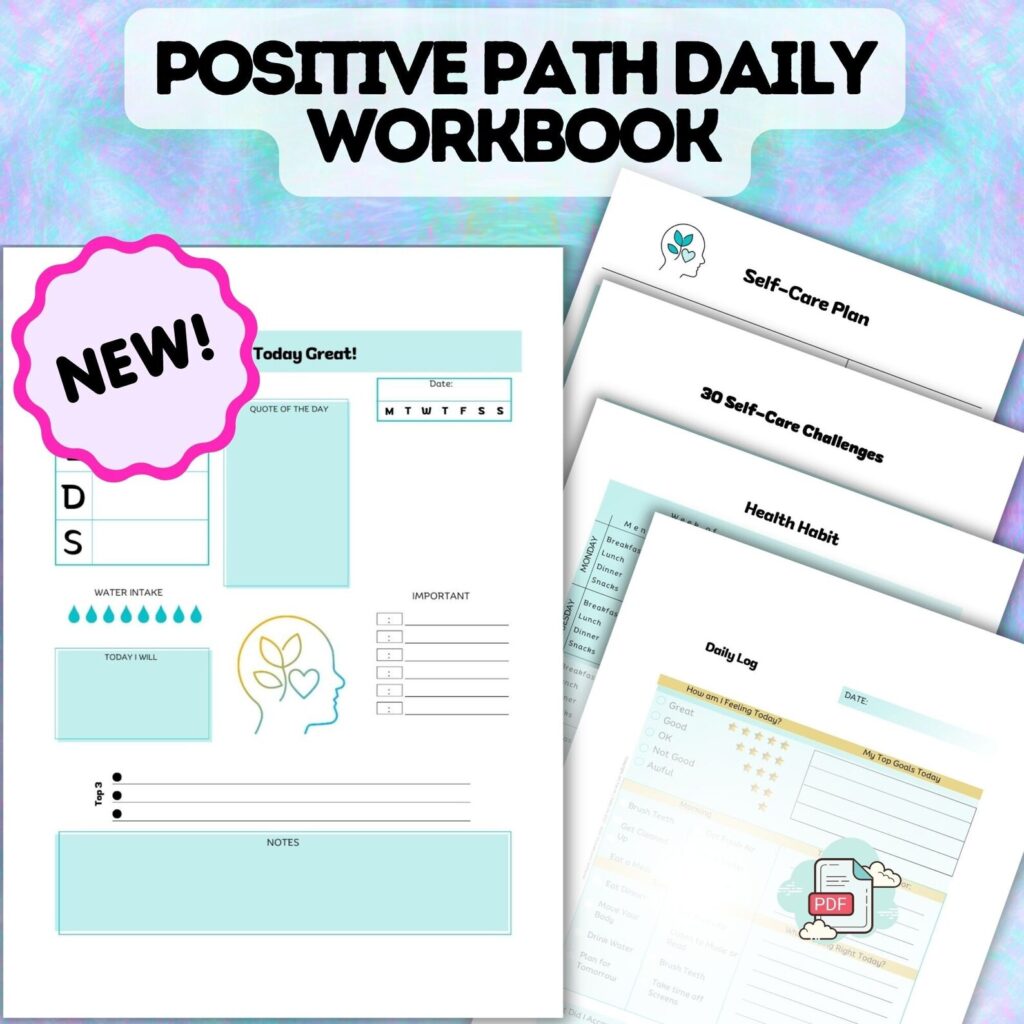🧩 What is PTSD?
PTSD, or Post-Traumatic Stress Disorder, is a mental health condition that can affect anyone who's been through a traumatic experience. It's like your mind and body's way of reacting to a severe shock. For some, it's a result of combat experiences, accidents, natural disasters, or, as in my case, domestic violence.
🏠 Domestic Violence and PTSD
Domestic violence is an unfortunate reality for too many individuals. The trauma experienced in such situations can lead to PTSD. The constant fear, abuse, and emotional distress can leave lasting scars on a person's mental well-being.
🕒 How Long Does It Last?
For many, the symptoms of PTSD naturally improve within months or a few years. However, for others, especially if they don't receive the proper help & support, these symptoms can persist forever. It's crucial to understand that there's no set timetable for healing, and everyone's journey is unique.
🦋 Recovery Isn't Linear
One essential thing to remember is that recovery from PTSD isn't a straight line. It's more like a rollercoaster with ups and downs. Some days, you might feel like you're making great progress, while other days, it can be a struggle. This is entirely normal.
😳 Common Symptoms of PTSD
- Flashbacks: Vivid, intrusive memories of the traumatic event.
- Nightmares: Disturbing dreams related to the trauma.
- Avoidance: Avoiding places, people, or situations that remind you of the trauma.
- Hyperarousal: Feeling constantly on edge, irritable, or easily startled.
- Negative Changes in Thoughts and Mood: Such as feeling guilt, blame, or a sense of detachment from others.
- These symptoms can vary from person to person, and not everyone with PTSD experiences all of them. It's important to recognize these signs and seek help if you or someone you know is affected.
🌀 Uncommon Symptoms
PTSD can also manifest in uncommon ways. These may include:
- Trauma-Related Dyslexia: Some individuals with PTSD may experience difficulties with reading, writing, or processing words, possibly due to the cognitive impact of trauma.
- Sensory Overload: An increased sensitivity to sensory stimuli, such as sounds, lights, or smells, which can be overwhelming.
- Dissociation: Feeling disconnected from oneself or reality, almost as if watching the trauma from a distance.
- It's crucial to understand that the impact of PTSD can be highly individualized, and these uncommon symptoms highlight the complexity of the condition.
🌫️ Dealing with Confusion and Brain Fog
PTSD can often bring confusion and brain fog, making it hard to concentrate or remember things. This foggy feeling can be frustrating, but it's another common part of the journey. Be patient with yourself on days when things seem a bit hazy.
💦 PTSD Sweat and Body Odor
One interesting thing about PTSD is that it can lead to increased sweating and changes in body odor. When your body is in a constant state of fear or hyperarousal due to PTSD, it can affect your sweat glands and make you sweat more. This, combined with the body's stress response, can sometimes result in a stronger or different body odor.
🌡️ Physical Symptoms: Hives and Rashes
PTSD can sometimes manifest physical symptoms as well, such as hives and rashes. The stress and anxiety associated with PTSD can have an impact on the immune system, leading to skin reactions. These physical symptoms are another way that the body responds to the emotional toll of PTSD.
🐾 Remember, There's a Path to Healing 🐾
#PTSD #MentalHealthMatters #DomesticViolence #HealingJourney


